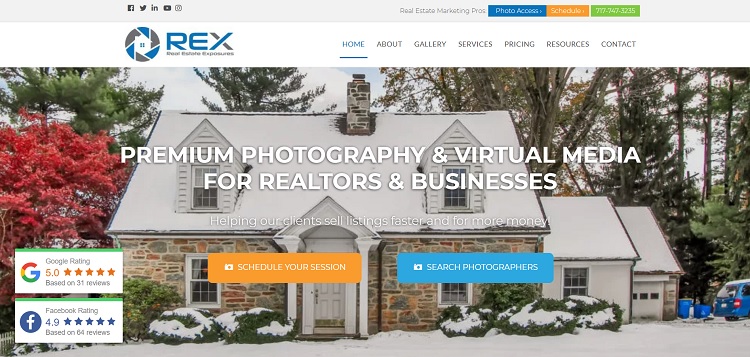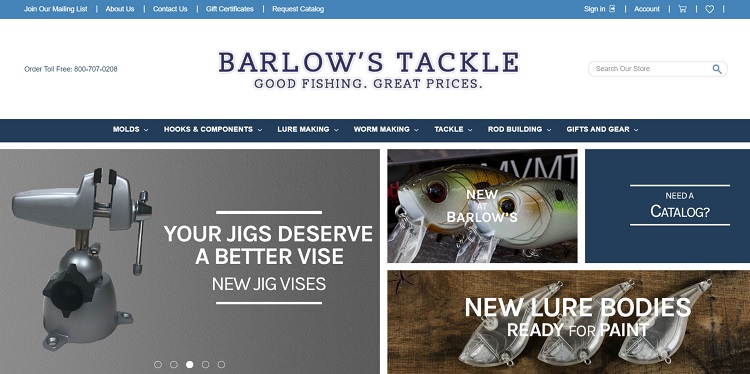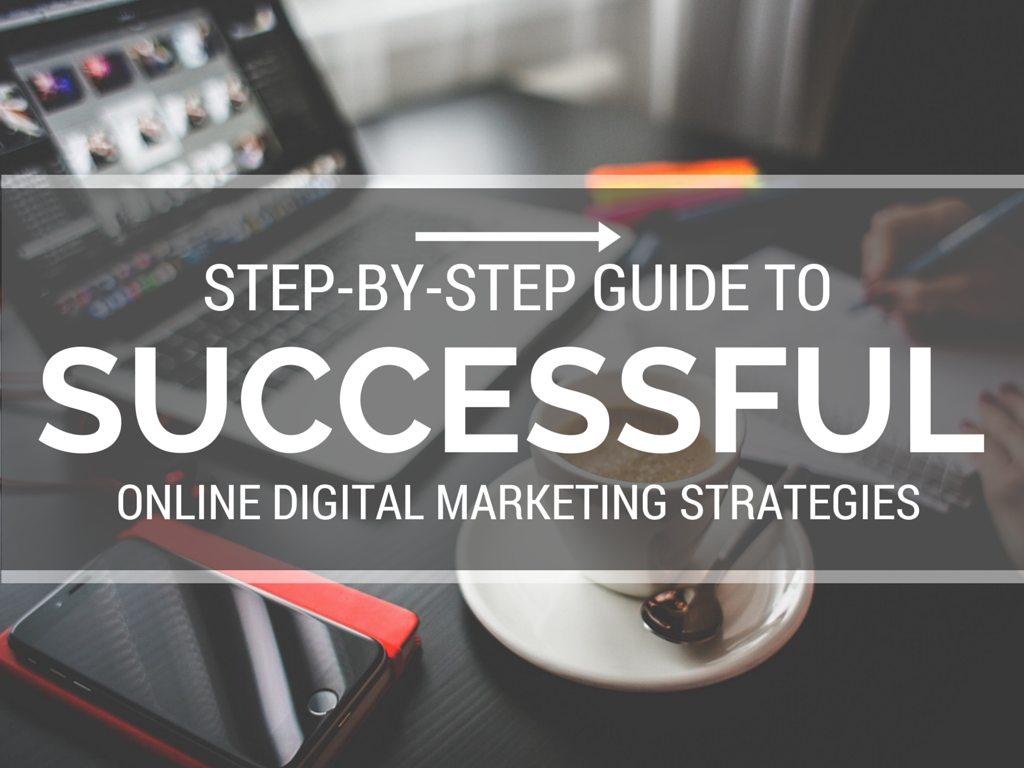You've spent a lot of time, money and effort to build a robust brand name. A few ill-timed bad reviews can almost destroy all your efforts. Your business reviews make a significant difference in the way the public views your company, so they are worth paying attention to.
In an online survey of 1,044 U.S. shoppers, around 90% stated positive reviews influenced their decision to buy. Negative reviews may influence buying decisions, as well. What others say about you matters. Brand reputation management is a genuine concern in the current business environment.
You're competing not only with the mom-and-pop shop around the corner, but also with big-name players such as Amazon and Walmart. We live in a global economy, so it's vital to focus on business reviews. Here are six reasons reviews matter and how you can garner positive ones.
1. Influence Buyer Behavior
If people decide whether or not to buy based on the reviews they read, the buzz about your business impacts the behavior of potential customers. Put yourself in the shoes of the average person. They may have never heard of your company before. They pop online to see what others have to say. If they see positive comments, they're much more likely to give you a chance to win their trust. If they see negative comments, they may choose a business with better reviews.

CW Pencil Enterprise sells various stationery products. Note how they add reviews to their product pages as pictured above. The reviews outline what other people enjoy about the product or the company's service. If the person relates to the review, it could push them into making a purchase.
2. Establish a Good Name
Creating a positive brand name takes time and concerted effort. You can do several things locally to improve your image, such as sponsoring civic charities or attending events. However, word of mouth will always be a powerful indicator of how well you're doing. If you get a bad review, don't brush it off. Look at the complaint and figure out how you might fix it. Reach out to the person and ask what you can do to make things right. When other people see this kind of comment and attitude on a poor review, it can change their impression of your organization.
3. Gain Credibility
Adding trust factors to your website allows you to gain credibility. You can include reviews from outside sources to show visitors you aren't skewing the stats in any way or hiding poor reviews. Two examples of this include adding embeds of Google and Facebook reviews. You can add Google reviews by logging into your business listing and embedding them. Facebook works via your official business page. You can choose "More Options" and then "Embed Post" to embed a review. When users click on it, the selection expands and they see all your recent reviews.

Real Estate Exposures features both Google and Facebook reviews above the fold on their landing page. In doing this, they add a lot of credibility to the page and show users they care about pleasing their clients. The reviews are "sticky," so as the user scrolls down the page, they remain in the lower-left corner.
4. Attract Younger Customers
In a recent survey, researchers discovered 89% of 18- to 34-year-olds trust an online review as much as a recommendation from someone they know. If you want to attract millennial and Gen Z customers to your business, online reviews matter. You'd be wise to monitor what people are saying on your website, on social media and on review sites such as Yelp and Google.
While you can't do away with a negative review once it appears, you can take steps to prevent similar poor reports in the future and work to make amends with the person who posted it. They may even go back and update their review if they are happy enough with the solution.
5. Recognize How Others See You
You started your business with a specific vision. However, customers may see you differently. That isn't necessarily a bad thing, but it does mean you have to shift your branding strategy a bit to keep up with what your target audience values most. Let's say you started a service with the plan of being the fastest in the industry. However, your reviews show customers think you have the best customer service out of all your competitors. Instead of touting your speed, it might be wise to talk about your excellent customer-centered service model.

Barlow's Tackle Shop highlights their competitive prices, but they've also added some images of their unique tackle to the homepage. This strategy showcases what others say about them. For example, on Google, they have a 4.75 out of a 5-star rating. The reviews talk about how Barlow's sells products users couldn't find elsewhere.
6. Engage Users
Adding the ability for users to share their thoughts helps engage them and allows them to feel like they're part of your business. You can include an option to add a review right on your website, but also encourage customers to provide honest reviews via online review sites and on your social media pages. The more invested your customers feel, the more likely they are to share their reviews with others.
Embrace Reviews
Embrace the opportunity for consumers to tell others what they think about your brand. You gain eyes on your brand name, and, hopefully, positive reviews as well. The negative reviews are also an opportunity to improve what isn't working and make your company better than ever before. Reviews are an essential element in your overall branding process.
Related Posts
Lexie is a designer and typography enthusiast. She enjoys writing HTML code and creating new styles guides. In her spare time, she works on her design blog, Design Roast.







